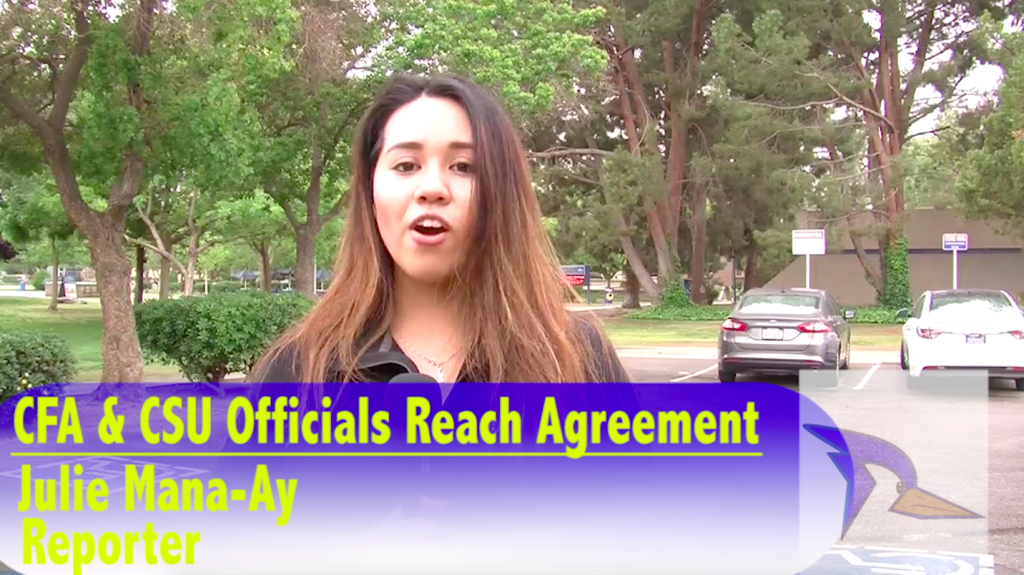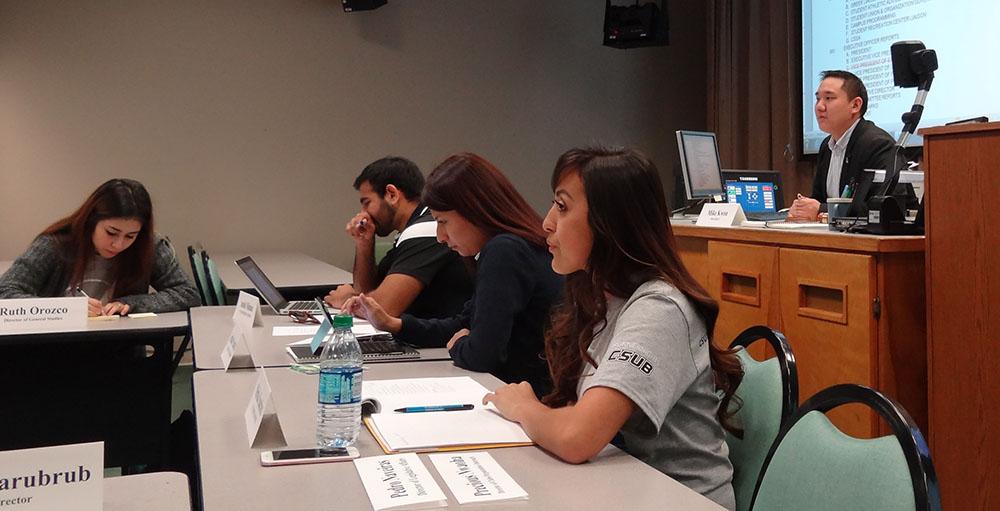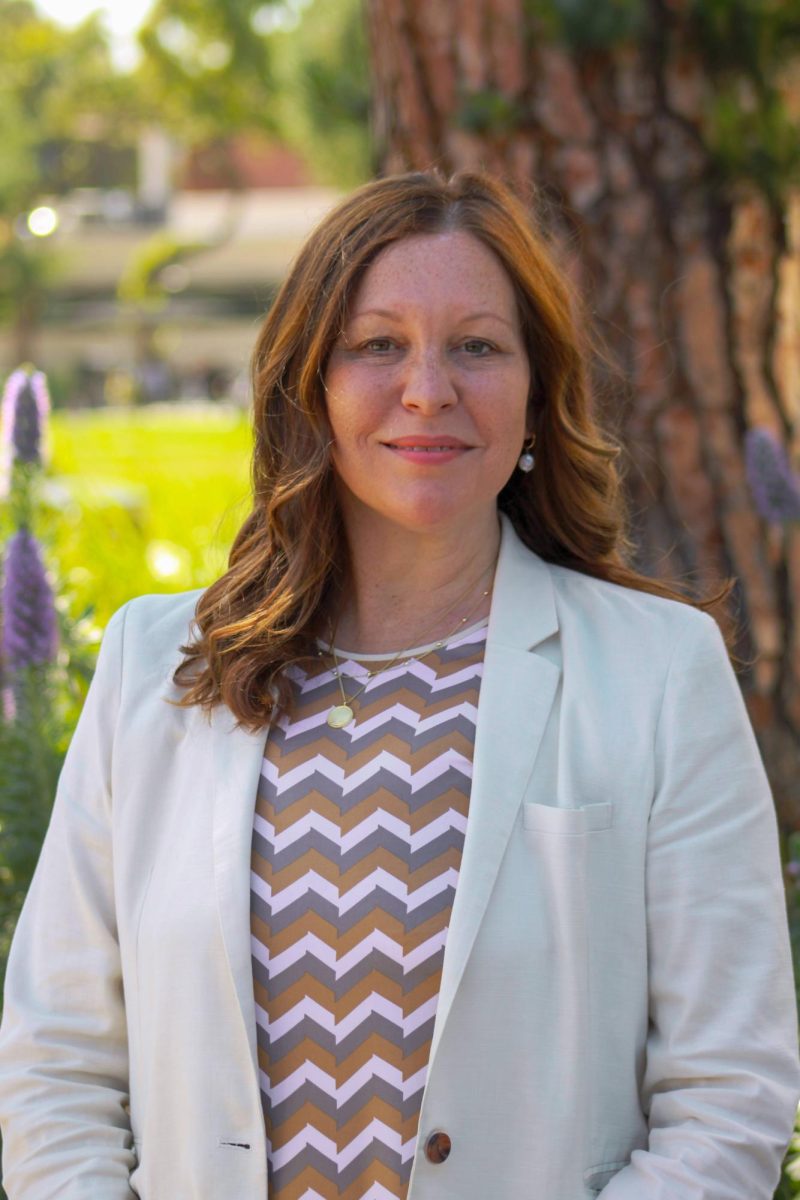News Editor
In a campus-wide memorandum sent Feb. 23, CSU Bakersfield President Horace Mitchell addressed the California Faculty Association’s preparations for a five-day strike in April.

In the memo, he assured students that alternate assignments or canceled classes will not negatively affect student’s grades or graduation requirements.
A note on the second page summed up four reminders:
• No one should feel compelled to side with either the CSU or CFA’s position in the negotiations;
• Class time should not be used to discuss the strike;
• Students cannot support the strike in exchange for class credit;
• Striking faculty cannot prevent student access to campus.
As all 23 CSU campuses prepare for the possible strike, many of these types of memos are going out to students, and the CFA wants to make it clear that the faculty does have rights when it comes to talking to their students.
“In the tradition of Academic Freedom, we fully expect faculty members to discuss appropriate and germane topics within their classrooms. To be sure, faculty members can talk about issues that are relevant to the classroom, which can include the strike, the situation of faculty, student fees and debt, and the CSU as a public agency,” read the CFA website page “Faculty Rights Tip of the Week.”
In the CSU Frequently Asked Questions page Mitchell attached to his memo, it states, “Faculty members may use class time to give students information such as changes to the class schedule or alternative assignments if the class will not be meeting as scheduled.
In general, however, faculty members cannot and should not use classroom time to discuss other issues related to the strike, unless such a discussion is directly relevant to the content of the course.
“That will not be true in the vast majority of cases. Even if the discussion is relevant to the course content, faculty should not use this opportunity to insert their own opinions or try to persuade students to support or oppose the strike.”











